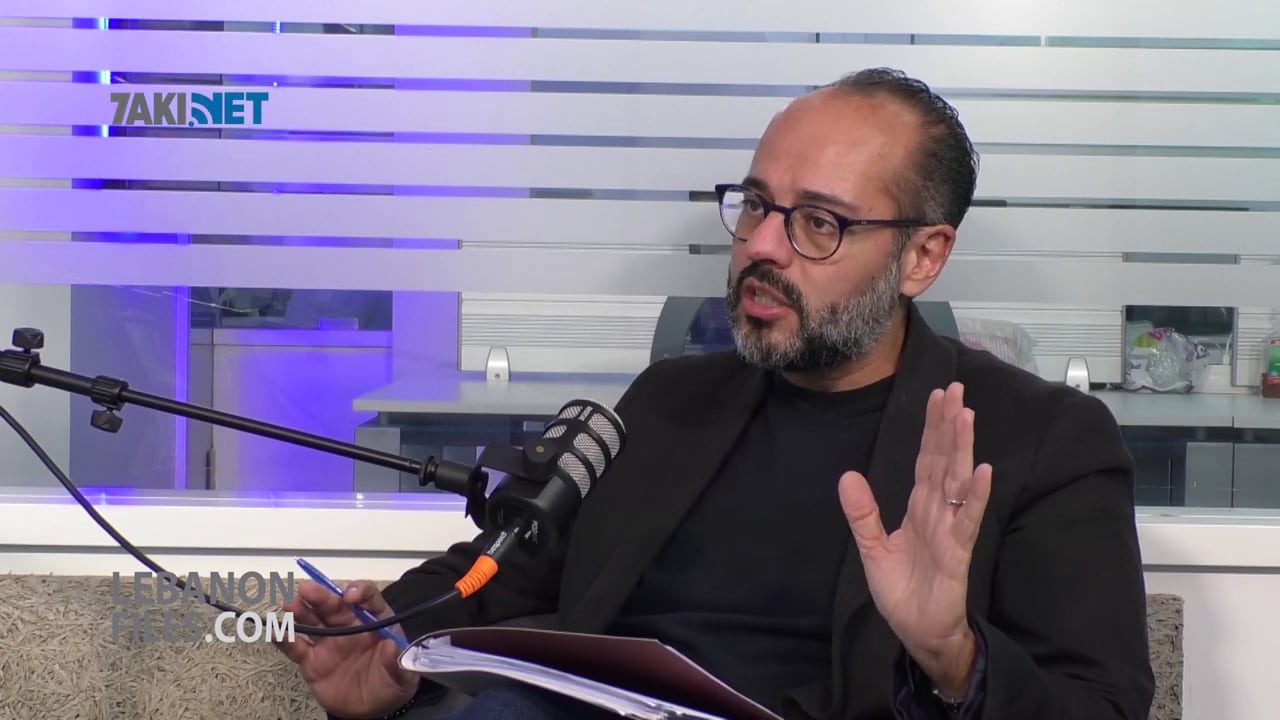
Following are excerpts from an interview with General Abdorrahim Musavi, Chief of the Joint Staff in the Iranian army, which aired on Channel 2, Iranian TV, on April 17, 2006.
General Abdorrahim Musavi: We make our submarines ourselves, and we make them in a way that will serve us in battle with the enemy... with America. In other words, these vessels are not the kind about which the other side gets information even before us. We work on equipment that is locally-made, and which is compatible with our own tactics and training.
[...]
This includes various submarines, assault boats, and unmanned aerial vehicles [UAVs], which we can use in naval battles. We manufacture missiles, torpedoes, mines, naval canons, and sonar. We also make ROVs - remotely operated vessels, which are manufactured by the navy for special purposes.
[...]
Knowing that our number one enemy is the criminal America, we focused on it. We identified its strengths and weaknesses, and prepared the equipment, structures, and tactics necessary to deal with it.
We studied all the details of America's war in Iraq and Afghanistan. Our military planning teams simulated American capabilities, based on America's activities in Iraq and in Afghanistan. In this simulation, they predicted the kind of attack the U.S. would employ, if an attack indeed takes place. On the basis of these simulations we developed scenarios, and prepared ourselves for dealing with each one.
[...]
This is why we do not compare ourselves to the countries in the region. We compare our force to that of America, because it is from America's force that we want to protect ourselves. We want to put America in its place.
[...]
We realized that America's military power is greatly overestimated, based on statistics and accurate figures. Our conclusion was that 70, 80 percent... 60 to 70 percent of it is psychological warfare. U.S. military power is only 20 or 30 percent of what is portrayed.
[...]
During the war with Iraq, we felt sorry for our enemies. General Dadras remembers this. I am an artillery officer. When we wanted to carry out effective firing, we would not even look sometimes. You saw how we treated the Iraqi PoWs. We viewed them as relatives and treated them as such. But we will not treat the Americans this way.













